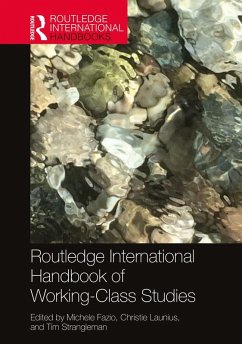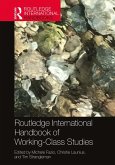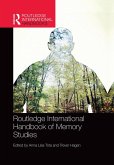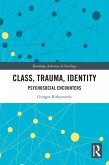The Handbook maps the current state of the field and presents a visionary agenda for future research by mingling the voices and perspectives of founding and emerging scholars. In addition to a framing Introduction and Conclusion written by the co-editors, the volume is divided into six sections: Methods and principles of research in working-class studies; Class and education; Work and community; Working-class cultures; Representations; and Activism and collective action. Each of the six sections opens with an overview that synthesizes research in the area and briefly summarizes each of the chapters in the section. Throughout the volume, contributors from various disciplines explore the ways in which experiences and understandings of class have shifted rapidly as a result of economic and cultural globalization, social and political changes, and global financial crises of the past two decades.
Written in a clear and accessible style, the Handbook is a comprehensive interdisciplinary anthology for this young but maturing field, foregrounding transnational and intersectional perspectives on working-class people and issues and focusing on teaching and activism in addition to scholarly research. It is a valuable resource for activists, as well as working-class studies researchers and teachers across the social sciences, arts, and humanities, and it can also be used as a textbook for advanced undergraduate or graduate courses.
Dieser Download kann aus rechtlichen Gründen nur mit Rechnungsadresse in A, B, BG, CY, CZ, D, DK, EW, E, FIN, F, GR, HR, H, IRL, I, LT, L, LR, M, NL, PL, P, R, S, SLO, SK ausgeliefert werden.
- Lucy Taksa, Professor and Director, Centre for Workforce Futures, Macquarie Business School
"The relatively young field of Working-Class Studies announces its growing maturity and importance in this wide-ranging collection. Offering contributions from leaders in the field and from fresh new voices, this handbook crosses borders of race, gender, and nation in showing how class and work matter in popular culture, workplaces, schools, prisons, literature, and beyond. Attentive to methodologies and lived experiences it will ground a new generation of scholarship."
- David Roediger, Foundation Professor of American Studies, University of Kansas









